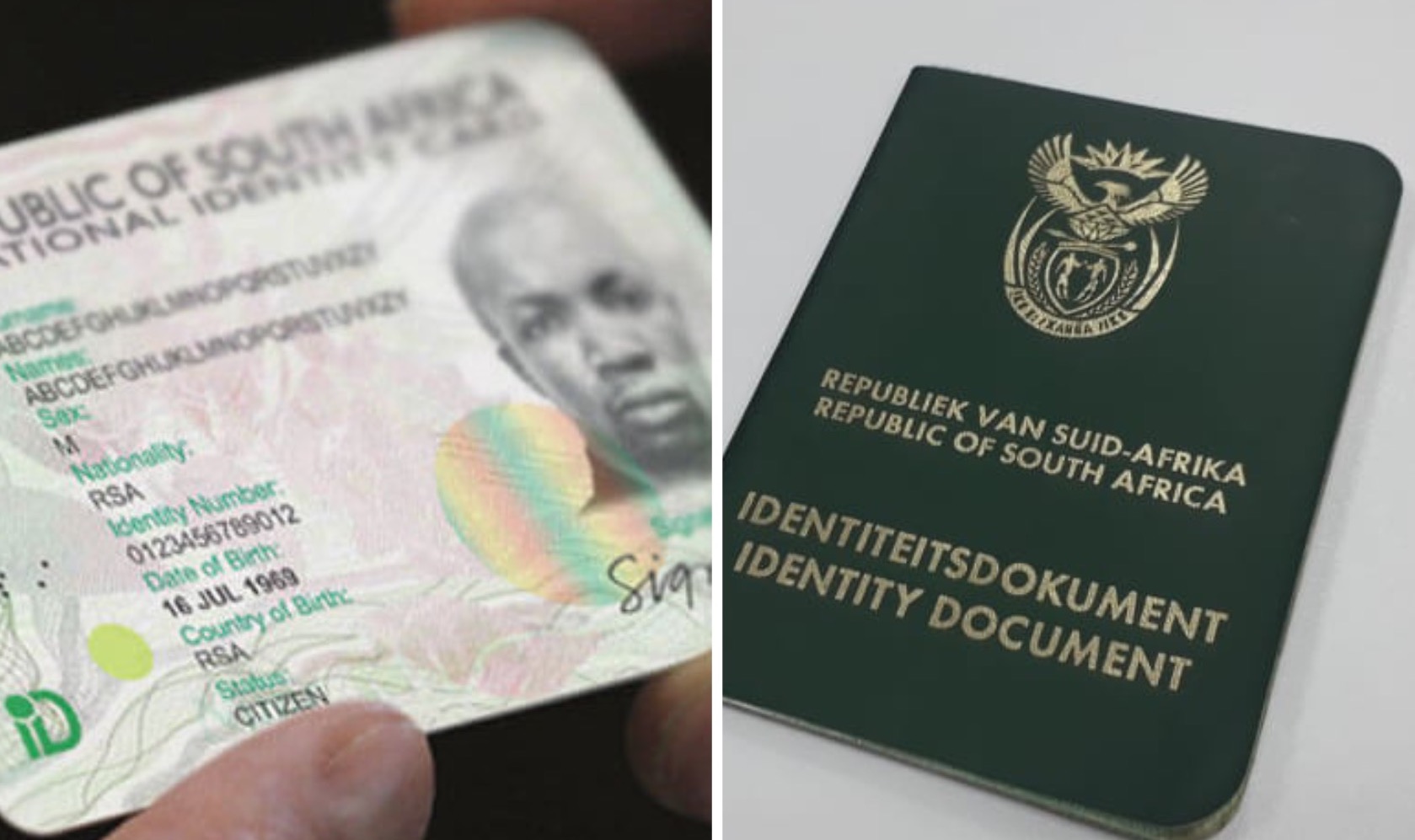411
Important Update for South Africans: Time to Replace Your Green ID Book

The Department of Home Affairs has intensified its efforts to eliminate South Africa’s green ID books, citing serious security risks for those who still use them. Introduced in 1980, the 16-page barcoded green ID book is outdated and highly susceptible to fraud, identity theft, and forgery.
The Problem with Green ID Books
Home Affairs Minister Leon Schreiber has warned that green ID books make South Africans vulnerable to fraud and corruption. These documents are easily damaged, which makes them susceptible to forgery, according to cloud engineer Tertius Wait.
“The fragility of green ID books poses significant security risks, as damaged ID books can be altered or forged, making them unreliable for secure identification,” Wait explained.
The inefficiency of green ID books further complicates matters. They require in-person validation and are incompatible with modern digital verification systems. This allows criminals to modify or forge these IDs, hijacking identities to access credit, loans, and other financial services.
The Rise of Identity Theft
Identity theft is a growing concern in South Africa, with organizations like the South African Banking Risk Information Centre (SABRIC) and TransUnion highlighting its alarming prevalence.
Fraudsters often use stolen personal information to open retail or bank accounts, defraud insurance and UIF systems, or even access victims’ bank accounts. SABRIC warns that identity theft often goes undetected for months or years, with devastating financial consequences for victims.
Criminal syndicates operating in South Africa further exploit the weaknesses of green ID books, selling fake IDs and identity profiles at shockingly low prices.
Why Smart ID Cards Are the Solution
To combat these issues, the Department of Home Affairs is urging all South Africans to replace their green ID books with smart ID cards. These modern IDs come equipped with a secure chip and laser-engraved data, making them resistant to tampering and forgery.
Phumla Williams, CEO of the Government Communication and Information System (GCIS), highlighted the importance of smart IDs in reducing fraud. “Smart ID cards cut down on the fraudulent use of fake or stolen IDs, which is a major concern in South Africa,” she said.
How to Upgrade to a Smart ID
Replacing your green ID book with a smart ID card is straightforward. South Africans can apply at Home Affairs branches or selected bank branches offering the service. Currently, there are 30 bank branches equipped for smart ID applications, with more to be added in the future.
The Department of Home Affairs is also working on expanding services to shopping malls and implementing courier delivery for smart IDs, passports, and other documents, making the process more convenient.
Deputy Minister of Home Affairs Njabulo Nzuza revealed that the department is investing in technology to become fully automated within the next five years. This move will allow citizens to apply for or renew smart IDs and passports online, eliminating the need for in-person visits.
The department aims to issue 2.5 million smart ID cards this financial year, ultimately transitioning the country to a digital ID system that reduces fraud and streamlines identity verification.
Protect Your Identity Today
If you still use a green ID book, now is the time to make the switch. Upgrading to a smart ID card not only protects you from identity theft but also supports South Africa’s efforts to modernize its identification systems and combat fraud.
Visit your nearest Home Affairs or participating bank branch to apply for your smart ID card today.
Follow Joburg ETC on Facebook, Twitter and Instagram
For more News in Johannesburg, visit joburgetc.com















